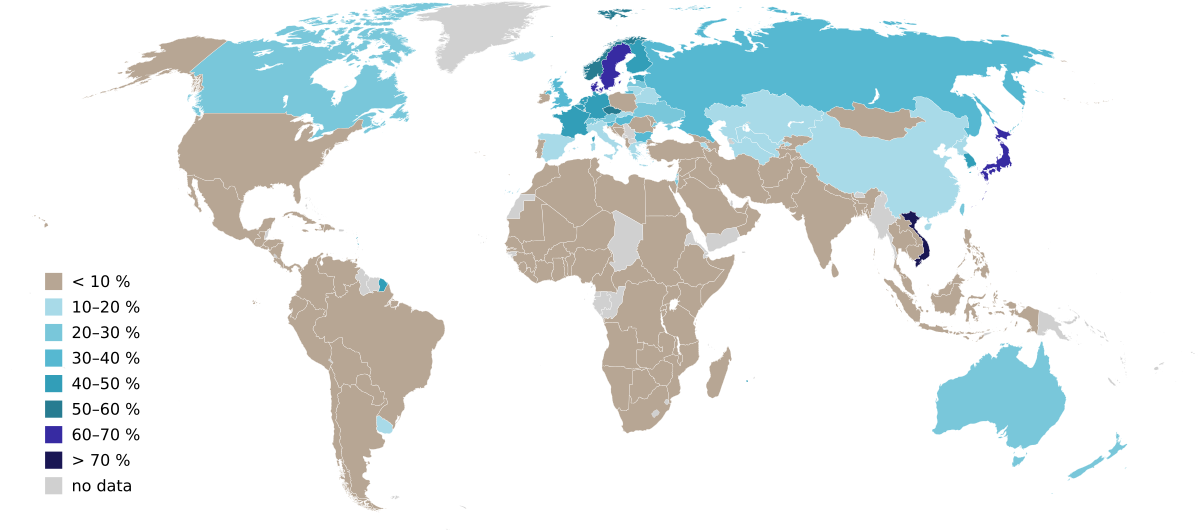This article was originally written back in 2016 when I was based in Malaysia. Since then, I’ve relocated again, and I’m now working from the UK, providing online therapy to clients across 20+ countries. Despite the geographical change, the core message still stands, and it’s just as important now as it was then.
When I first set up my website, I asked friends for feedback. I was quite surprised that they approved of my spelling, but I was genuinely taken aback by their reaction to this statement on my site:
I am an atheist. Normally that doesn't come up in conversation but if you're looking to talk through questions of infidelity, sexuality, gender, divorce, abortion and other life issues without a religious perspective, you may find that information useful.
"Don't say you're an atheist," several friends chorused. "You'll put people off!"
That was surprising because I was hoping that particular bit of disclosure would encourage trust. While atheism is unusual in South East Asia—and in some countries, atheists are actively targeted—where I come from, the Netherlands and Scotland, it's pretty normal.
Therapy Is Not Value-Neutral
It's common for mental health practitioners to describe their therapeutic approach (CBT, psychodynamic, etc.), but for me, describing personal values is just as important. Therapists are human, and they can have strong beliefs about marriage, sexuality, abortion, and other life issues.

|
| Proportion of atheists and agnostics around the world (Credit: Wikipedia) |
As a result, we have two extremes: practitioners who try to completely divorce their practice from their own ideals on one end, and faith-based counselling on the other.
If you are seeking therapy, you might think twice about reaching out to someone whose personal values would clash with yours, especially if you are dealing with:
- Complex feelings about an abortion.
- Difficulties in an LGBTQ relationship.
- The pain or confusion of losing your faith.
- Your husband taking on a second wife who is a horror.
So, I say I'm an atheist because I want potential clients to understand where I'm coming from.
Your Beliefs Are What Count
As far as I'm concerned, being an atheist isn't that important to the work itself. Although I don't have a faith, I've lived in five countries, I've met a lot of people, and I work with Christians, Muslims, Buddhists, Sikhs, and Hindus.
You see, when it comes to therapy, it's not my beliefs that count. If you come to me and tell me your marriage is in trouble, but your religion forbids divorce, that's just another parameter we work with. My opinion about marriage or divorce doesn't come into the picture at all. What matters are your beliefs.
I'm not saying I can work with anyone. When the gap is too wide, and it becomes too difficult to truly understand each other, then the prospect for healthy change is too narrow.
That's why I offer a free fifteen-minute chat to all new clients, just to see if we click. If we don't, we're just out of a little time, and you can look for a better match.
So, if you're looking for a therapist without a religious perspective, message me today via email ellen.whyte@gmail.com or WhatsApp: +44 7514 408143 for your free 15-minute consultation.

